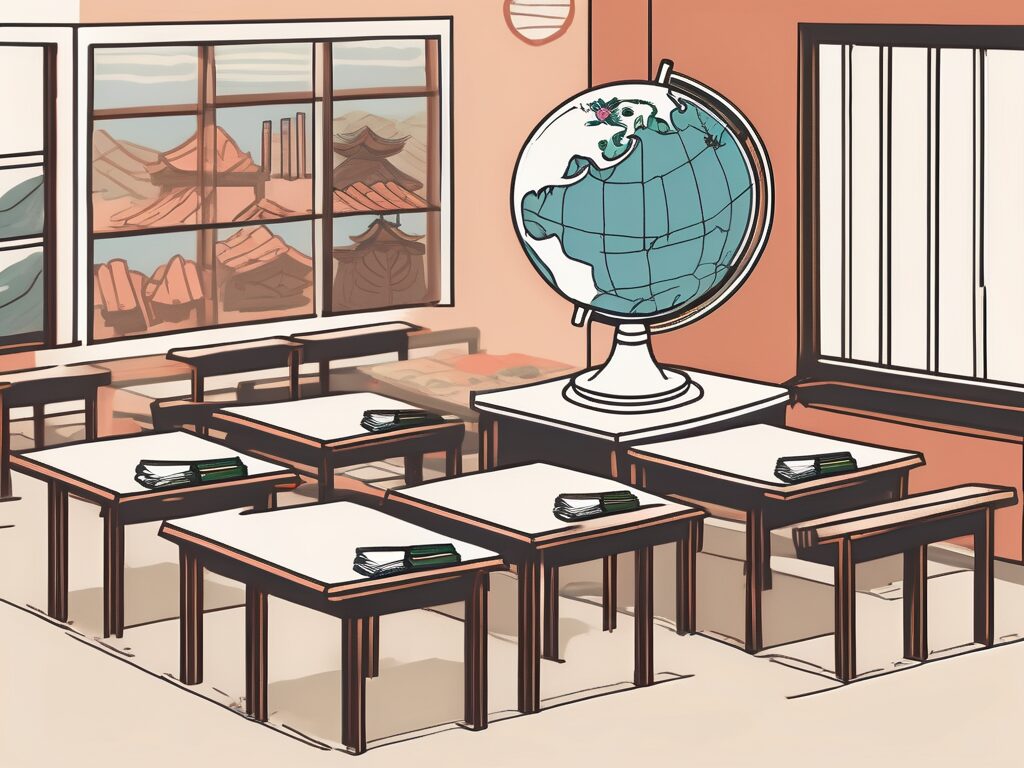Understanding the Hiring Timeline for International Schools in Seoul
For educators aspiring to expand their professional horizons, the prospect of teaching at an international school in Seoul presents a compelling opportunity. However, a critical consideration prior to making any commitments is to ascertain the hiring timeline of international schools in Seoul. This guide will provide an in-depth analysis of the hiring processes, key timelines, and strategies to enhance your employability in this competitive market.
The Recruitment Cycle of International Schools in Seoul
International schools in Seoul adhere to a structured recruitment cycle, which is essential for prospective educators to understand. Familiarity with this cycle can significantly enhance your chances of securing a position.
The primary recruitment phase generally commences in the early months of the calendar year, specifically January and February. During this period, schools assess their staffing requirements for the upcoming academic year, which typically initiates in August or September. It is important to note that some institutions may initiate their hiring processes even earlier, depending on their specific needs.
Rationale Behind Early Hiring Practices
Several factors contribute to the early hiring practices of international schools in Seoul:
- Visa Processing: Early recruitment allows sufficient time for the processing of work visas, which can be a protracted procedure.
- Preparation Time: It affords new educators the opportunity to prepare for relocation, secure housing, and acclimatize to their new environment prior to the commencement of the academic year.
- Job Fairs: Many schools participate in international job fairs during the early months, providing a platform for schools to engage with potential candidates.
Variations in Hiring Practices
While the early months of the year represent the primary hiring season, it is crucial to recognize that international schools in Seoul may also recruit staff at various other times throughout the year.
For example, schools may need to fill unexpected vacancies due to mid-year departures or sudden increases in student enrollment. Additionally, some institutions may adopt a rolling recruitment strategy, accepting applications and hiring throughout the year.
Mid-Year Recruitment Opportunities
Although less common, mid-year recruitment does occur. Schools may seek immediate replacements for teachers who leave unexpectedly. Such positions can be advantageous for candidates who missed the primary hiring window, though they may also be more competitive due to the urgency of the hiring process.
It is important to note that mid-year hires may face a steeper learning curve, as they will have less time to acclimate to their new roles. Nevertheless, these positions can provide valuable international teaching experience for the right candidate.
Strategies to Enhance Employability
Understanding the hiring timeline of international schools in Seoul is only one aspect of the job search process. It is equally important to implement strategies that will distinguish you from other candidates. Below are several recommendations:
Obtain Relevant Certifications
Most international schools in Seoul require educators to possess a teaching certification from their home country. This certification is a fundamental prerequisite, and candidates lacking this qualification are unlikely to be considered. It is advisable to investigate the requirements for obtaining the necessary certification.
Accumulate Relevant Experience
Experience is a critical factor in the hiring process. While extensive teaching experience is not always necessary, any relevant background—such as tutoring, classroom volunteering, or experience in related fields—can significantly enhance your application.
Familiarize Yourself with the Local Language
While proficiency in the Korean language is not mandatory, possessing a basic understanding can be advantageous. It not only facilitates daily interactions in Seoul but also demonstrates to potential employers your commitment to integrating into the local culture.
Conclusion
In summary, the primary hiring season for international schools in Seoul typically begins at the start of the year, although opportunities may arise throughout the year. By comprehending the recruitment cycle and proactively enhancing your qualifications, you will be well-positioned to embark on a successful international teaching career in Seoul.
Advance Your International Teaching Career with IPGCE
Are you prepared to elevate your teaching career within Seoul’s international schools? Do not allow qualification barriers to impede your progress. Enroll in the UK’s premier Teacher Training Course, the International Postgraduate Certificate in Education (iPGCE), and acquire the credentials that will facilitate your career advancement. The iPGCE program not only enhances your employability but also connects you with a global network of educators and deepens your understanding of international curricula. Experience the flexibility of online study while aligning your professional development with your work commitments. Join the iPGCE program today and become part of a community dedicated to shaping the future of global education.

